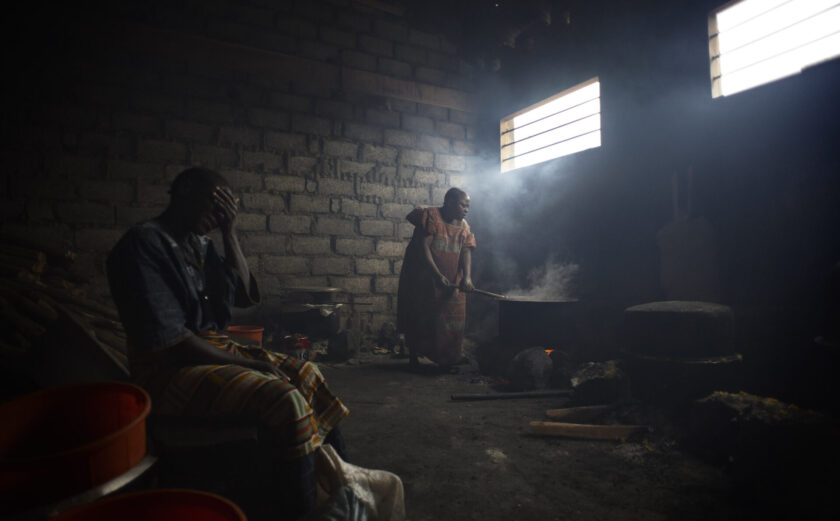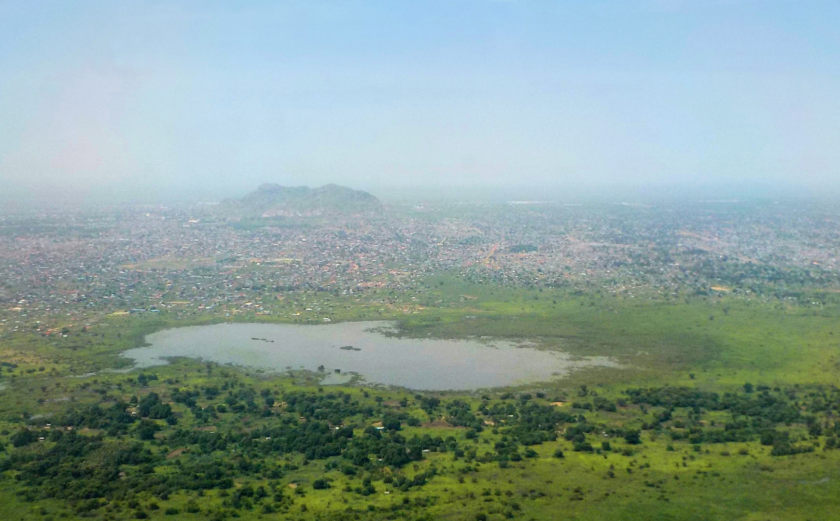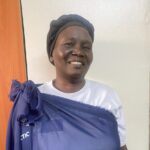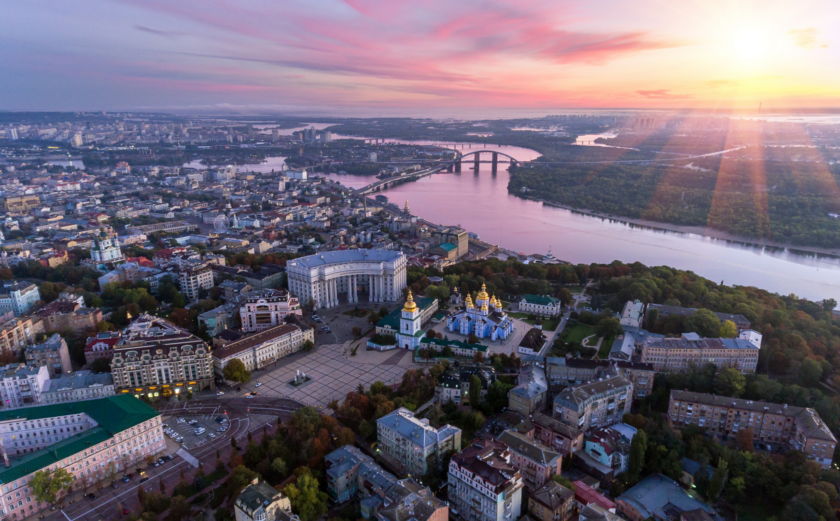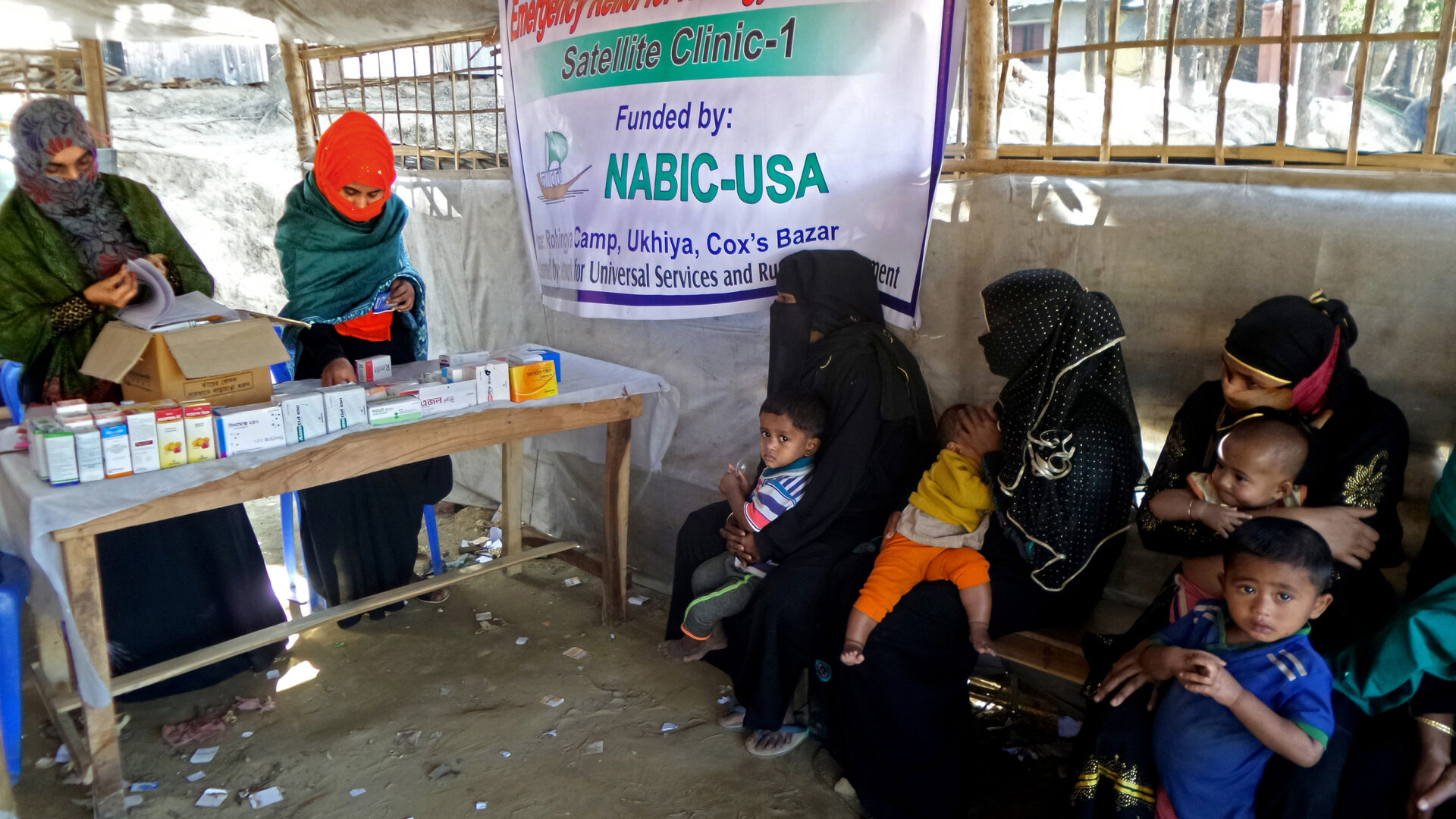
Seven Years Later: Rohingya Genocide Remembrance Day
This month marks seven years since the 2017 “clearance operation” when Myanmar’s military forces, the Tatmadaw, unleashed waves of violence against Rohingya ethnic minorities in Rakhine State, Myanmar.
The conflict triggered the expulsion of over 700,000 Rohingya into neighboring Bangladesh, marking the largest and fastest influx into the country. The U.S. government later determined that these attacks constituted genocide and crimes against humanity.
Rohingya in Myanmar
Rohingya who stayed in Myanmar following the genocidal attacks continue to face violence at the hands of the Tatmadaw. Conditions are dire, marked by severe deprivations of rights, discrimination, and exposure to armed conflict. In Rakhine State, where the majority of Rohingya reside, they face severe restrictions on their movement, limited access to essential services, and deep-seated prejudice based on their ethnicity and religion.
Many Rohingya live in impoverished conditions, often in makeshift shelters that have inadequate sanitation and are unable to withstand extreme weather events. Rohingya have limited access to healthcare, and even to seek medical treatment, they must obtain permission to leave their communities. Rohingya are also denied access to education, employment, and livelihood opportunities, which exacerbates their hardship and prevents them from moving out of poverty. Intensifying armed conflict in Rakhine State has further eroded their security.
While the Myanmar military and the Arakan Army (AA)—a powerful ethnic armed group seeking sovereignty for Rakhine State—fight to maintain or secure control of territory, Rohingya and other civilians are caught between these warring parties with devastating consequences. Indiscriminate attacks against civilians, arson and looting of civilian property, killings, and forced recruitment by both sides of the conflict continue to occur.
In early August of 2024, the AA launched attacks on Rohingya civilians in Rakhine State, which are part of a larger trend of intensifying conflict that does not distinguish between civilians and combatants. The U.N. Children’s Fund has called on all parties to uphold their obligations under international law to protect civilians, especially children and families.
Rohingya in Bangladesh
Rohingya living in Bangladesh also face significant protection and humanitarian concerns. Since 2017, Rohingya refugees have been living in sprawling, overcrowded camps where necessities are scarce. Small temporary shelters, often made from bamboo and plastic tarps, leave residents vulnerable to extreme weather conditions, such as heavy monsoon rains, landslides, and intense heat. These shelters are also susceptible to fire and arson. Fencing around the camps with limited exits make it difficult for people to evacuate during emergencies.
While primary education has improved, educational opportunities for Rohingya youth and young adults needs to be ensured. This education gap not only hinders immediate development for youth but also undermines prospects and livelihoods, perpetuating a cycle of poverty and marginalization.
Adults also face barriers to earning livelihoods as current policies prohibit Rohingya from working, forcing them to depend on humanitarian aid that is often unreliable. Due to ongoing cuts in support from international donors, the U.N. World Food Programme significantly reduced food assistance to Rohingya in Cox’s Bazar. While partially restored, the assistance remains inadequate.
The reality for Rohingya plays out in the larger context of political unrest in Bangladesh. Several tumultuous weeks marked by violent protests and numerous deaths have led to the ousting of Bangladesh’s Prime Minister and economic turmoil. Amidst the crisis, Rohingya refugees face heightened vulnerabilities and protection concerns. It remains to be seen how the interim government will address Rohingya refugees who have been referred to as a burden on the economy in previous political debates.
Moving Forward
As we commemorate this somber date, it is important to reflect on the current realities facing the Rohingya in Myanmar and Bangladesh and consider what needs to change so they can move forward.
The international community and donor governments should:
- At a minimum, fully fund the Rohingya Joint Response Plan and the Myanmar Humanitarian Needs and Response Plan.
- Funding for food vouchers should be prioritized.
- Support local non-governmental organizations and groups on the front lines of delivering humanitarian assistance, especially those operating in Rakhine State, Myanmar.
- Work with the government of Bangladesh to allow livelihood opportunities for Rohingya.
The government of Bangladesh should:
- Allow Rohingya to pursue livelihoods and entrepreneurial opportunities within camps.
- Work with local partners to ensure educational opportunities for Rohingya youth and young adults.
The U.S. government should:
- Work with the U.N. to mitigate protection concerns for Rohingya refugees given the changing circumstances on the ground in Bangladesh.
- Expedite processing times for Rohingya refugees in Cox’s Bazar and immediately resume departures for Rohingya in Bangladesh.
- The U.S. Congress should pass the Rohingya Genocide, Accountability, and Protection (GAP) Act (H.R.8936) to provide protection, support, and humanitarian assistance to Rohingya refugees and internally displaced persons.


